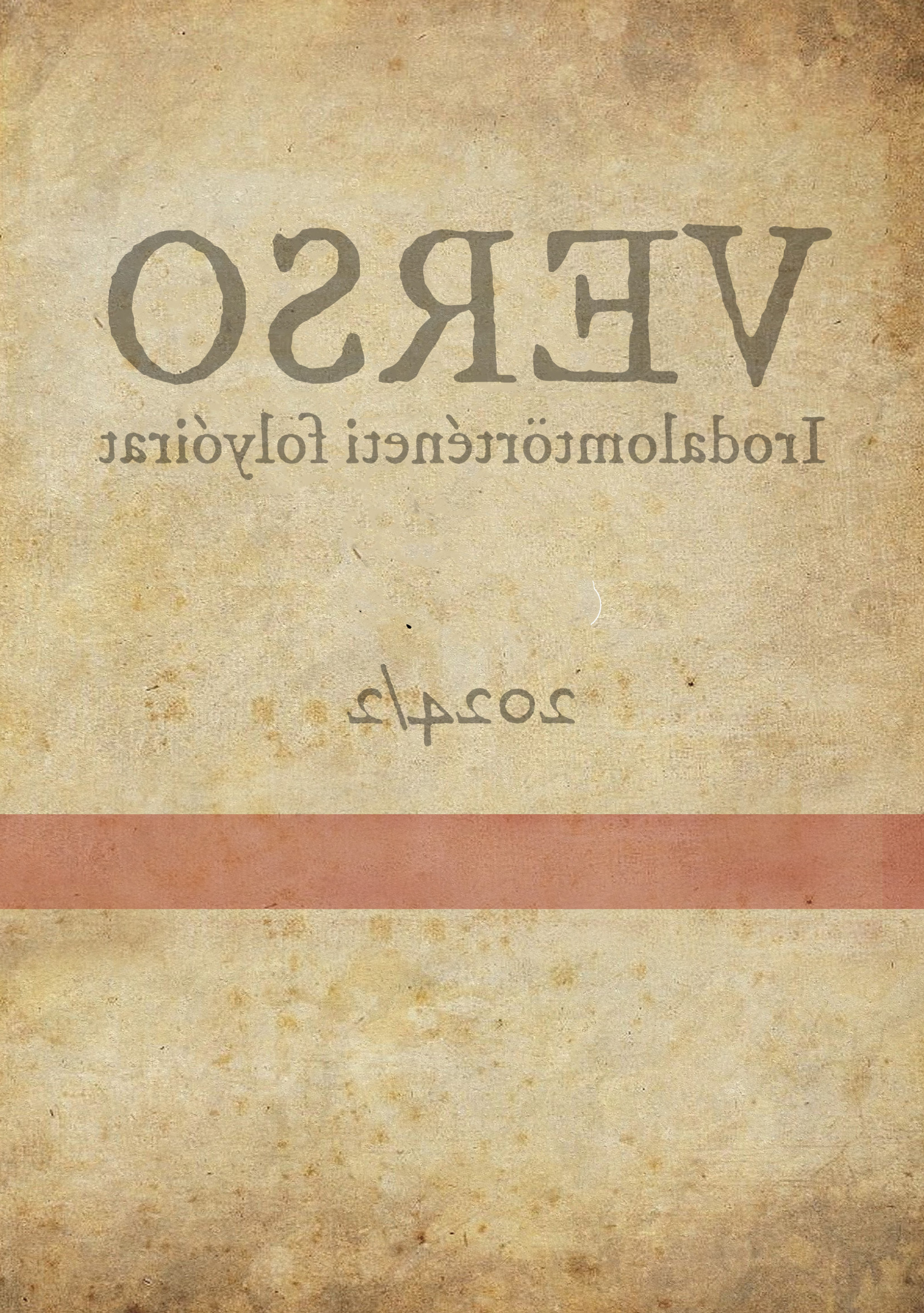Characteristics of Intrigue in Ede Szigligeti’s and Sándor Balázs’s Play A strike (The strike action)
DOI:
https://doi.org/10.15170/VERSO.7.2024.2.75-92Abstract
The study focuses on an experimental drama, a typical piece of urban folk theatre, Ede Szigligeti and Sándor Balázs’s play A strike (The strike action), premiered in 1871. Through an object-historical and characterological analysis of the intriguing figures of the drama, the paper illustrates how social changes have expanded the range of movement and the gesture system of the typical types of folk drama with specific features of figure representation. The starting point of the first section is the history of reception: how did contemporary press critics interpret the thematic glosses of A strike and the play’s controversial relationship with the French original, Fraçois Coppée’s The Blacksmith’s Strike (La Grève des forgerons)? This is followed by an analysis of the relevant scenes of the play, noting that the play’s schemers deal with their personal status changes in the midst of social change through a new kind of identity-forming communication, and through this they try to assert themselves in a community that operates according to reformed rules.

